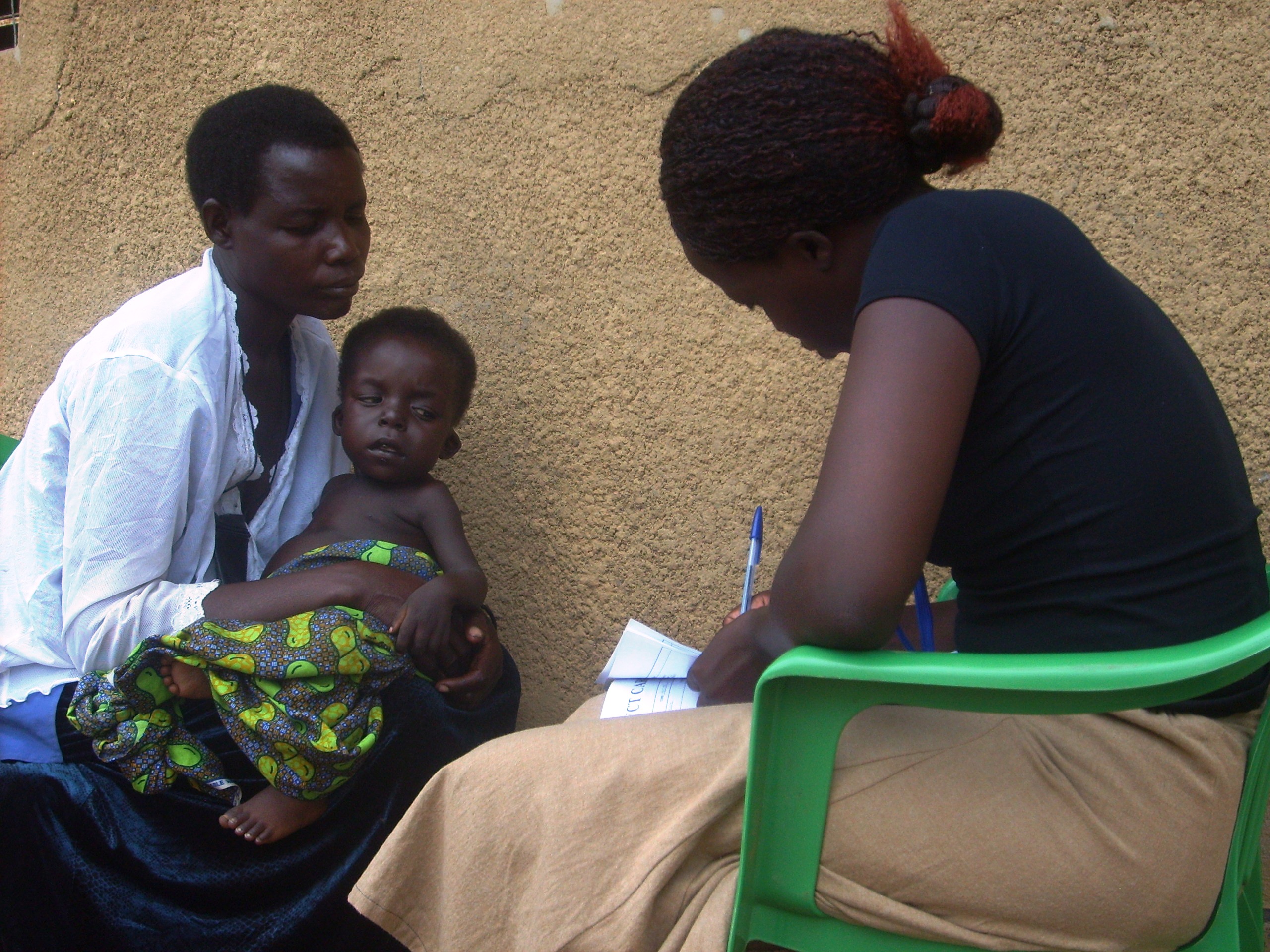Four percent, or 128 out of 3,197 people, were HIV-positive - 70 males and 58 females - while 30 couples were in discordant relationships.
About 80 percent of those tested had never had an HIV test before, which the programme's managers said highlighted the need for even wider testing and counselling in the region.
"The goal of the three-year project is to provide full access to comprehensive home-based confidential HIV counselling and testing, together with malaria testing, throughout Apac district," said Robert Ochai, executive director of a national NGO, The AIDS Support Organisation (TASO), which together with the US Centres for Disease Control and the government, launched the US$2 million programme in Alito sub-county, Apac.
Recent Ugandan studies have found that home counselling and testing increase acceptance and uptake of HIV testing compared with clinic-based testing and helps break down HIV-related stigma.
Hesitant men
However, according to Ochai, although the response on the whole has been positive, HIV testing was proving a tough sell among the men.
"Men are hesitant to take an HIV test and are leaving it to their wives; men are often away from home on the day the teams give appointments," he said.
Ochai noted that 25 percent of men in the 885 Apac households tested during the first month of the project were not present when the teams visited their homes.
"What will I do if my result shows that I am HIV-positive? I will commit suicide because HIV is a deadly and a shameful disease to suffer," Angulu Ocen told IRIN. "They came and tested my wife and children last week at home - the results … were negative; I will wait for the results of my second wife."
"After testing and being found HIV-positive, who will help you? ... relatives look at you as a burden, especially when you fall sick," he added. "Knowing your status, especially if you are HIV-positive, will only make life harder for you because you will know that any time you will die."
Okabo believes that because he has one wife and does not have sex outside his marriage, he is not at risk of contracting HIV.
TASO's Ochai noted that it was important for everyone to be tested, and for married couples to test together and be open with each other. "It's important to understand that it takes two people to transmit HIV, one who is infected and the other who is not, so in the same way it takes two people to prevent sexual transmission of HIV," he said.
Health workers said absences meant that the programme would have to involve repeat visits to capture all people eligible for testing in the district.
Apac district health officer Mathew Emer noted that the testing exercise was particularly important in the district because of its high HIV prevalence: "HIV prevalence in Apac is at 11 percent, much higher than the national prevalence figure [of 6.4 percent]," he said.
Expanding treatment
Emer said the home counselling and testing services needed to go hand-in-hand with expanded treatment, care and support systems.
| Read more / More on | |
The district has no CD-4 count machine, which measures immunity levels, and for several months, health centres have experienced drug shortages.
"It's challenging for some of the clients who are referred to the neighbouring district of Gulu and Lira to undergo CD-4 counts and other care and support programmes... some of them can't afford to travel to the referral centres in [neighbouring] Gulu or Lira district because of the high transport costs," said Peter EbongKeisha, chairperson for the forum of persons living with HIV/AIDS in Apac.
ca/kr/mw
This article was produced by IRIN News while it was part of the United Nations Office for the Coordination of Humanitarian Affairs. Please send queries on copyright or liability to the UN. For more information: https://shop.un.org/rights-permissions





